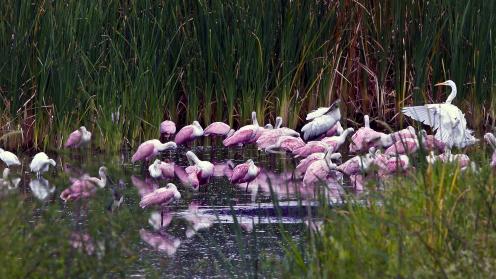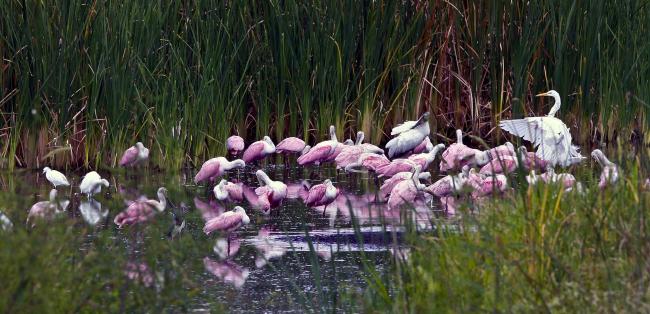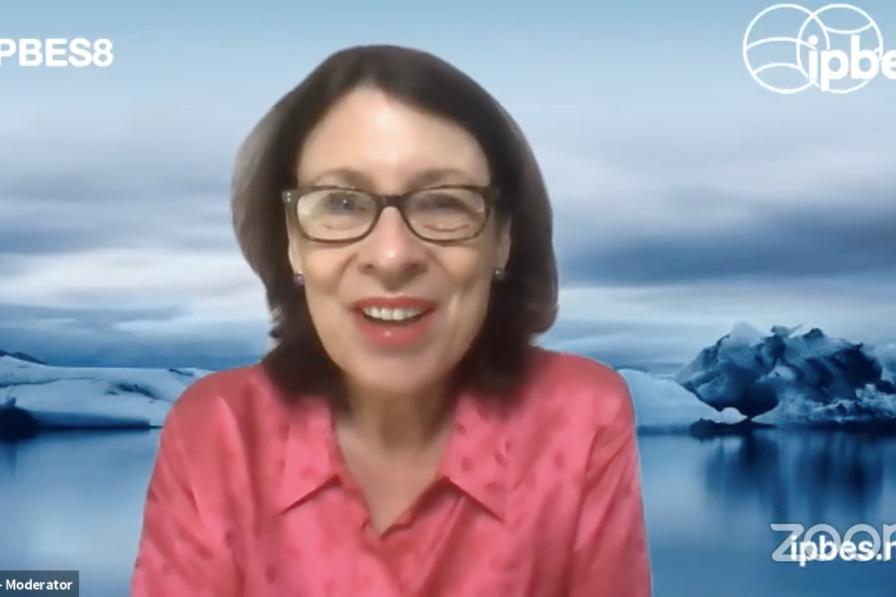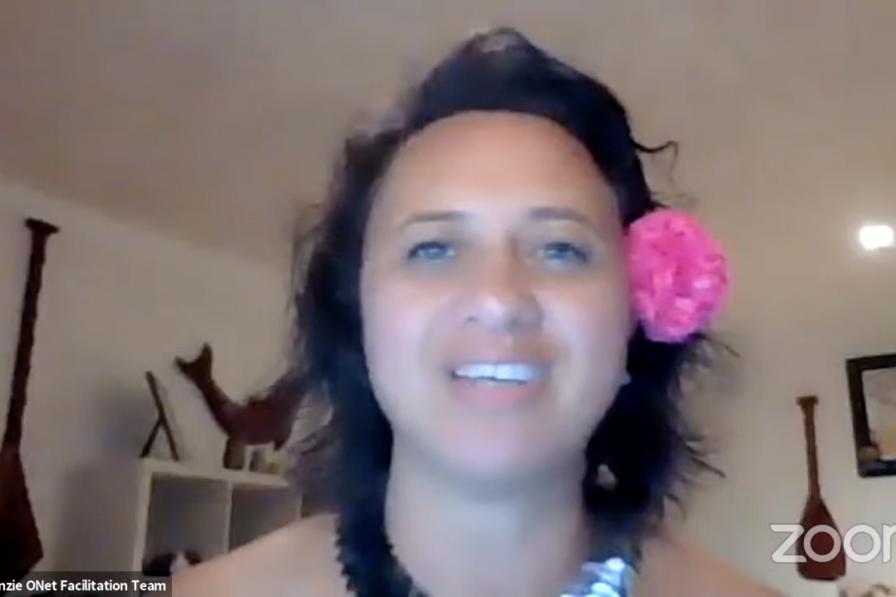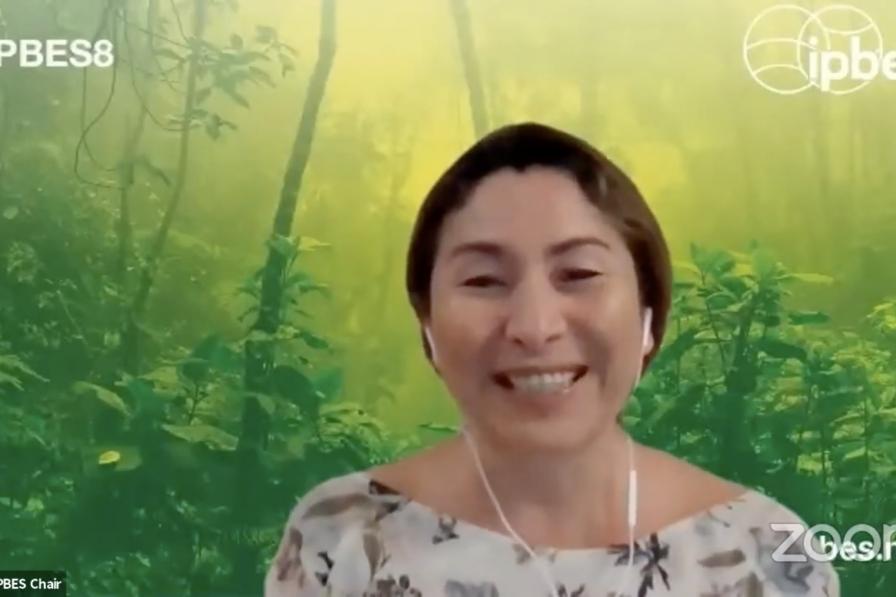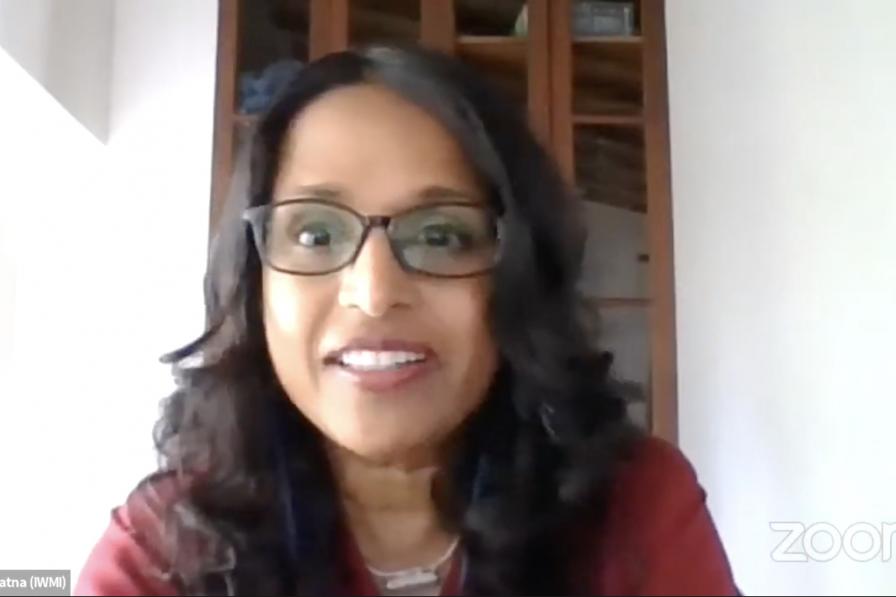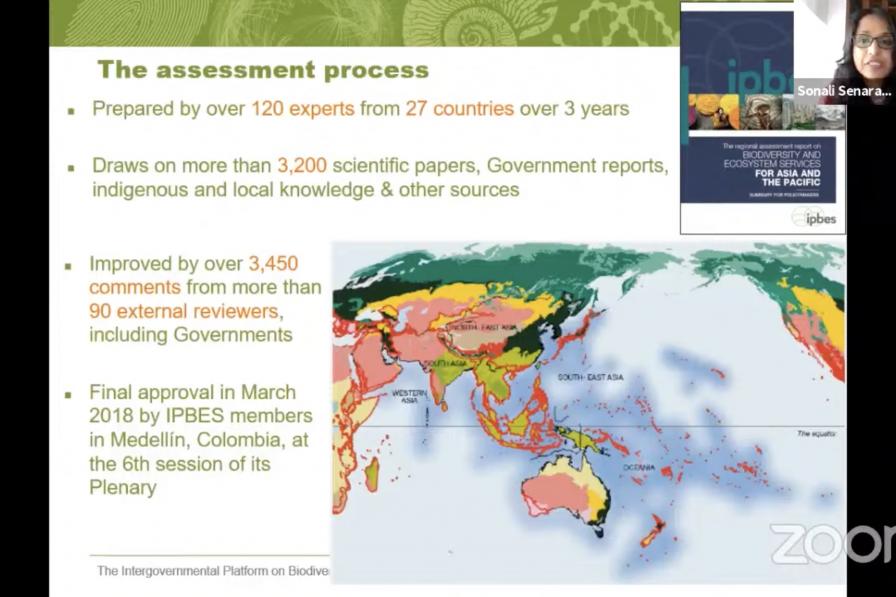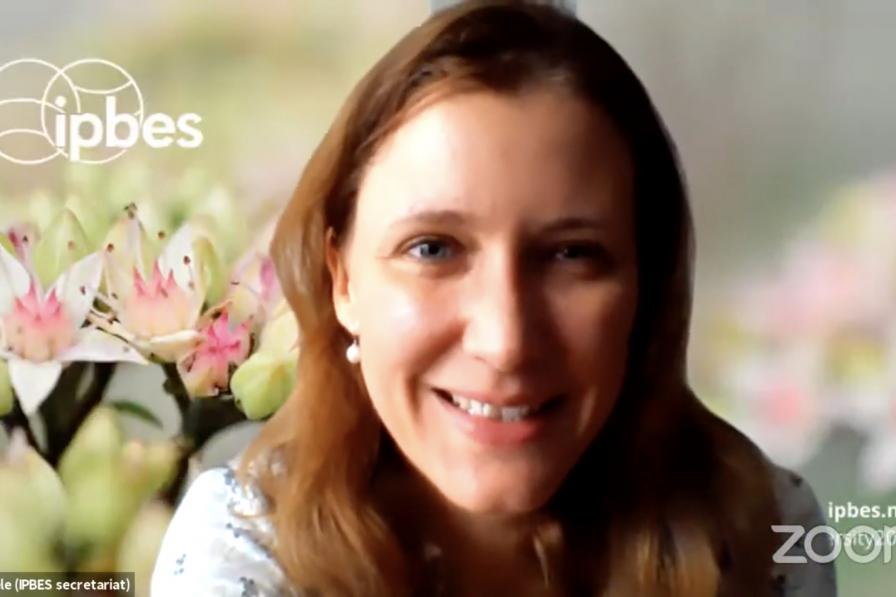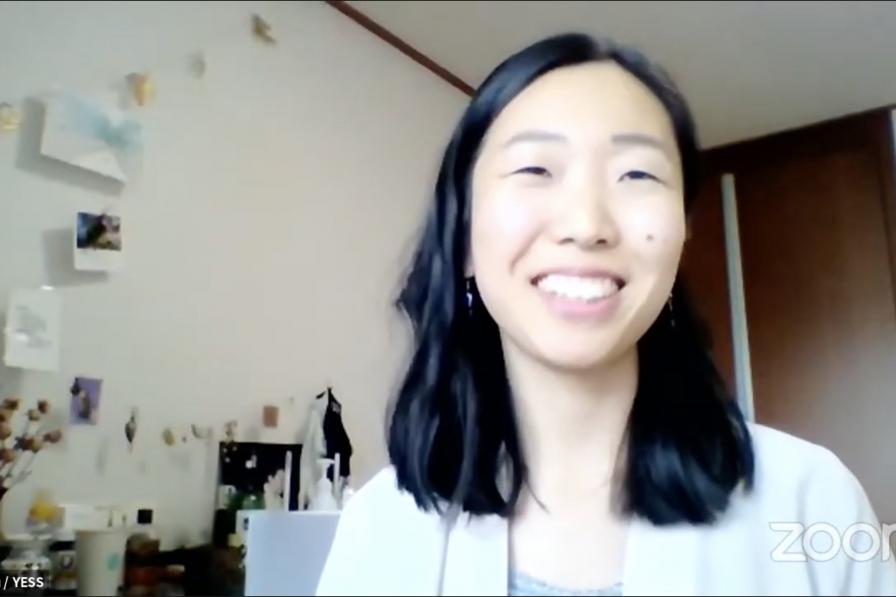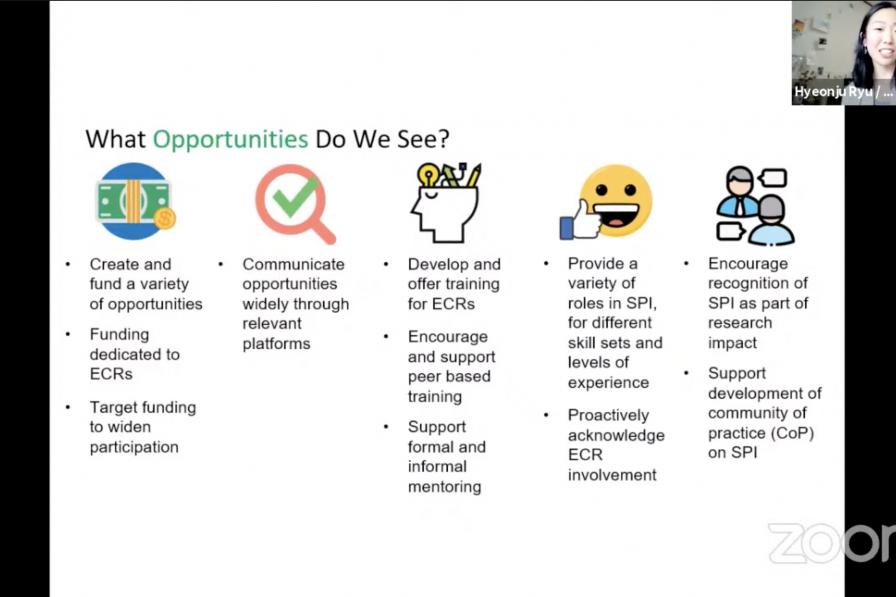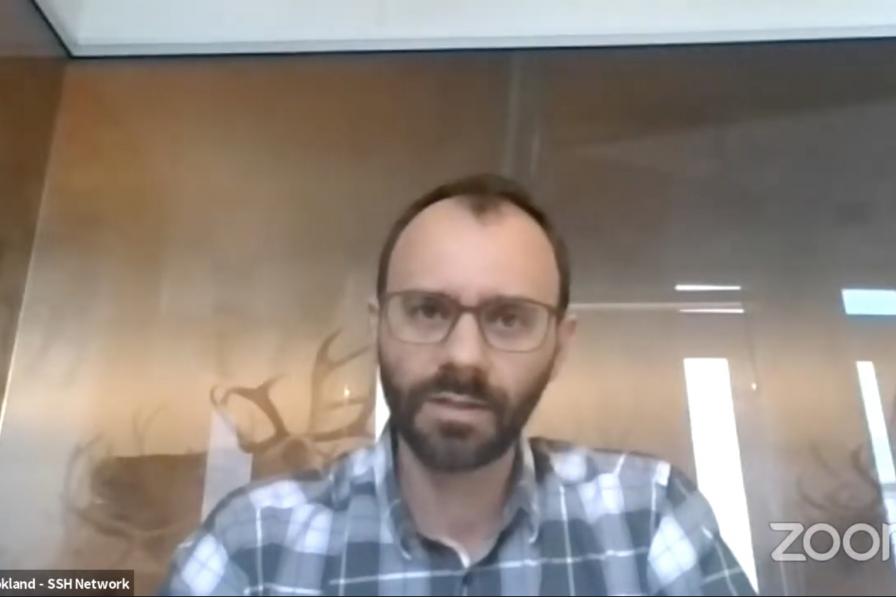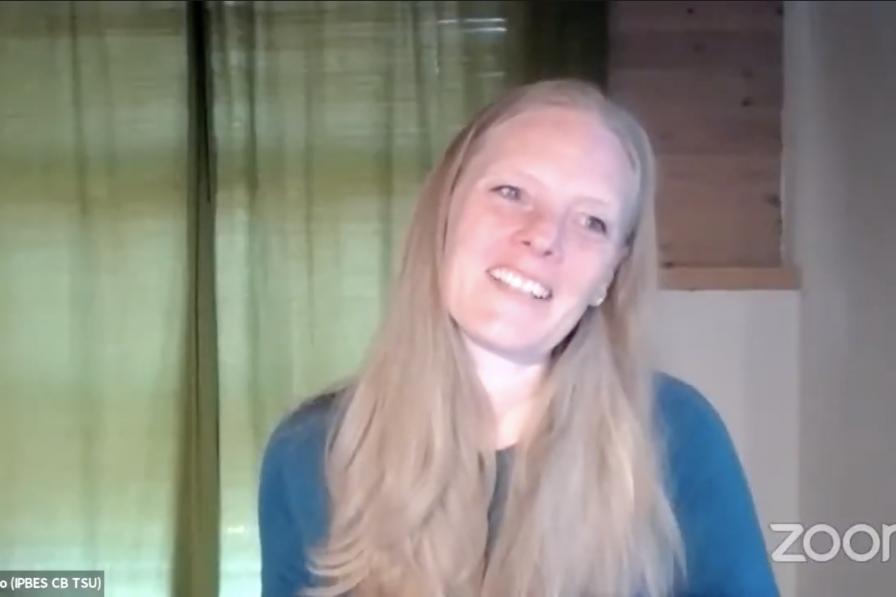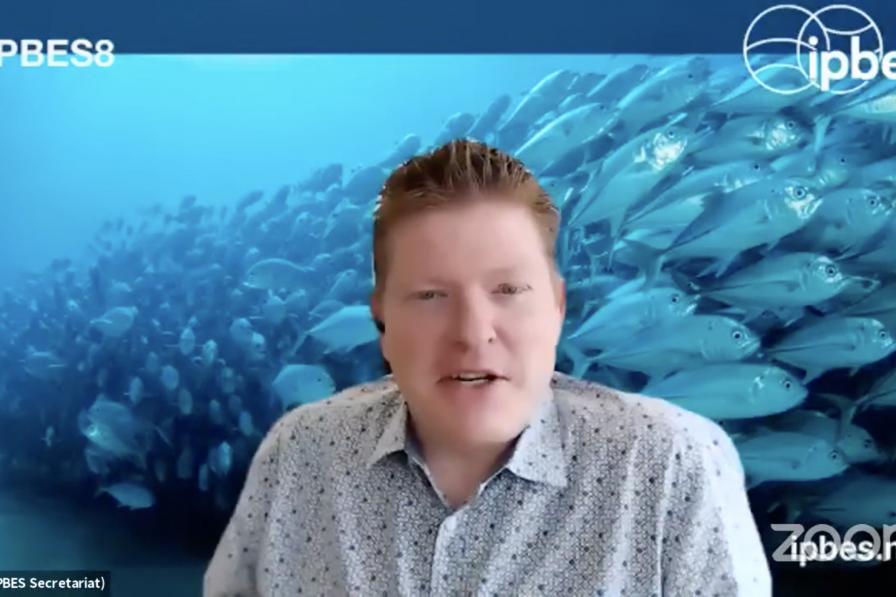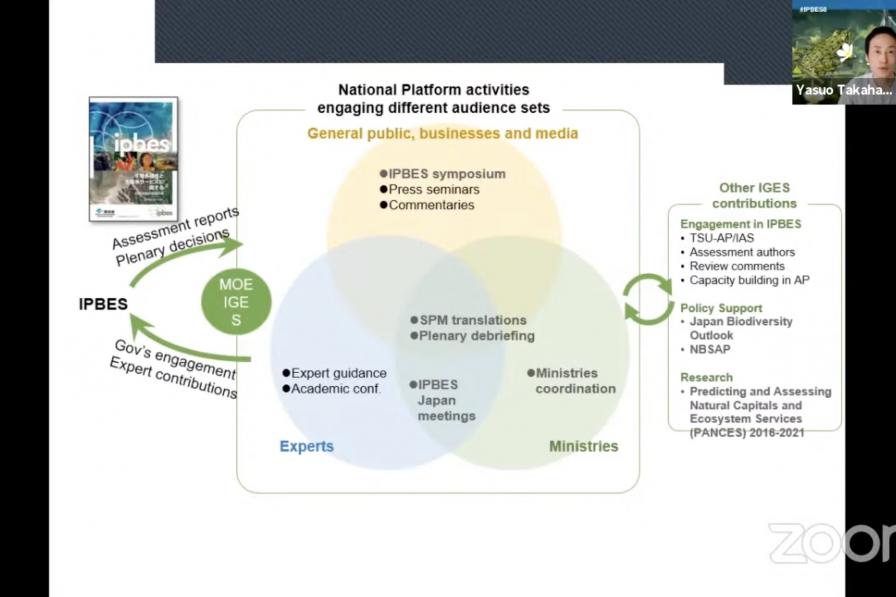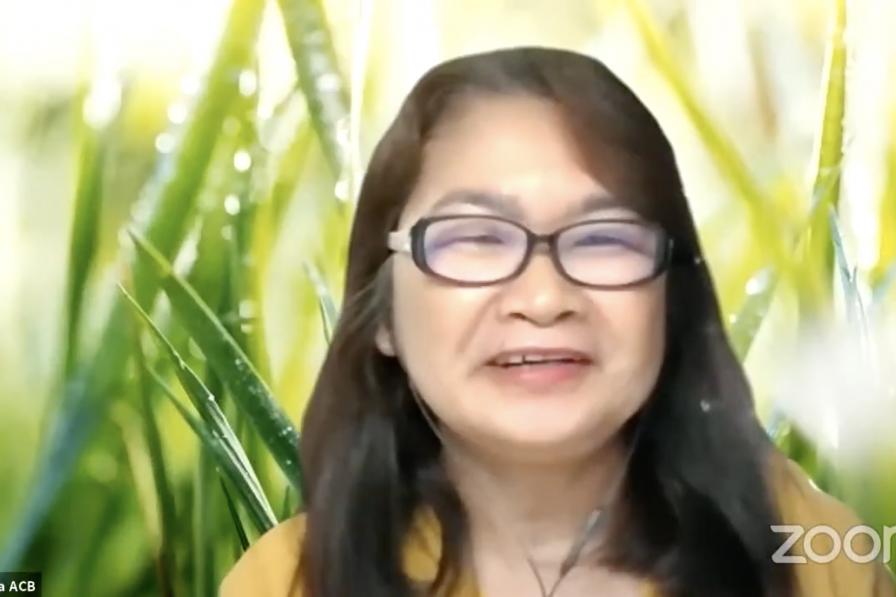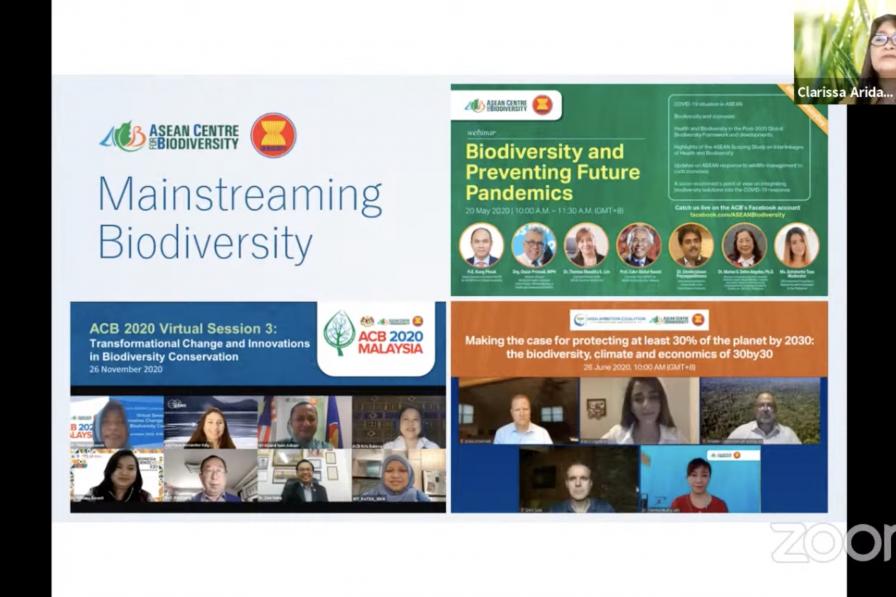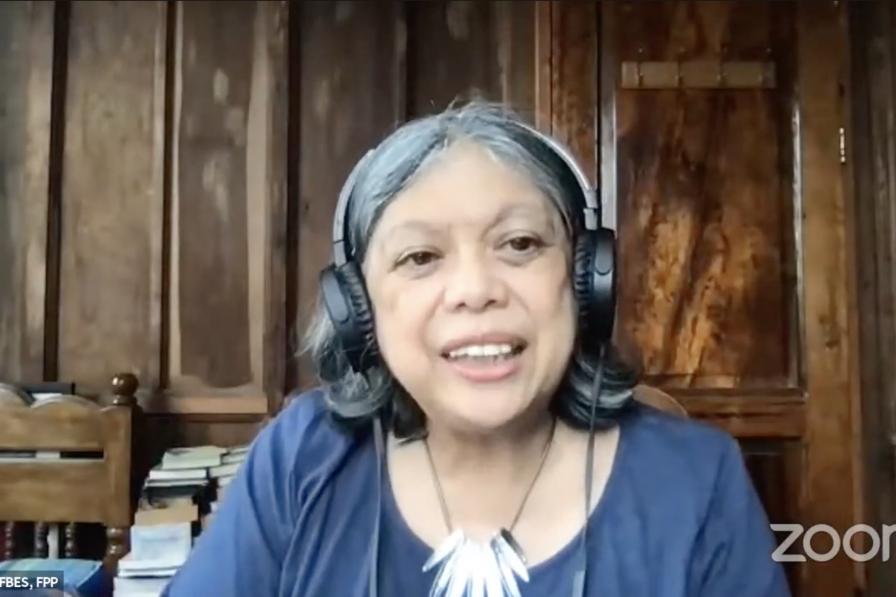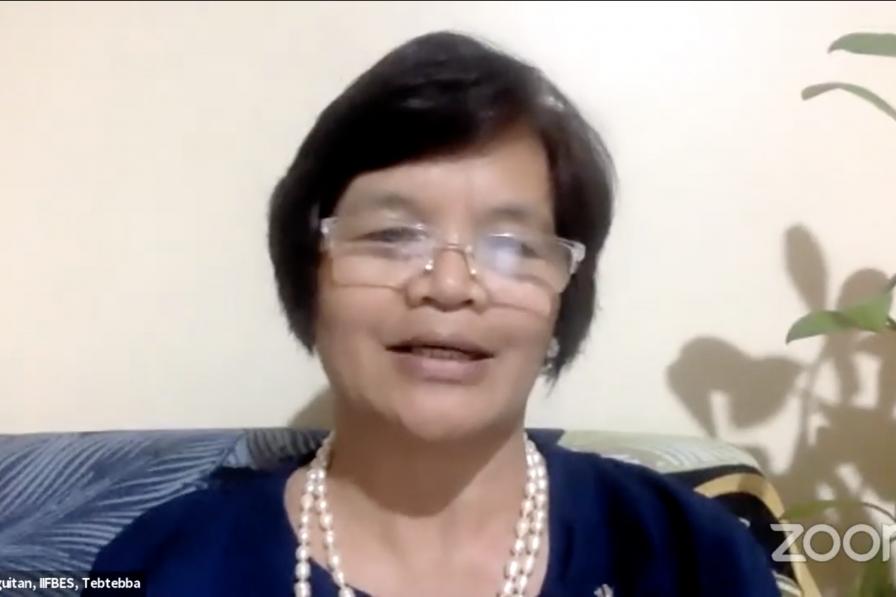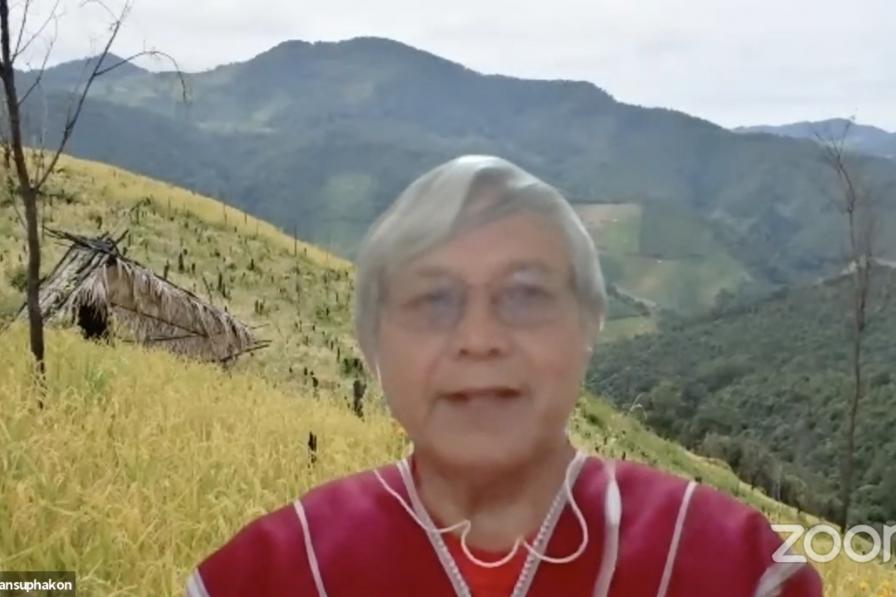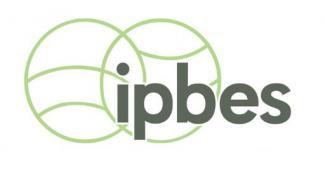The third session of IPBES Stakeholder Days focused on Asia and the Pacific. Participants offered regional insights during an interactive session co-moderated by Claire Doole, Claire Doole Communications, and Teina Mackenzie, Te Ipukarea Society, Open-Ended Network of IPBES Stakeholders (ONet).
IPBES Chair Ana María Hernández Salgar (Colombia) offered opening remarks, stressing the importance of stakeholders’ input in IPBES work.
Sonali Senaratna Sellamuttu, International Water Management Institute (IWMI) and Co-Chair of the IPBES 2018 regional assessment for Asia and the Pacific, provided an overview of the assessment, underscoring the importance of ecosystem services for the region. She highlighted direct and indirect drivers of change and biodiversity loss, and focused on knowledge gaps, including the need to hear more local voices.
Hyeonju Ryu, Young Ecosystem Services Specialists (YESS) Network, presented the results of a study on motivations, barriers, and opportunities for early career researchers to get involved with the IPBES network. Håkon B. Stokland, Social Sciences and Humanities Network (SSH Network), ONet, and Evonne Yiu, IPBES Fellow, provided their perspectives on challenges and opportunities for engaging with IPBES functions.
Yasuo Takahashi Theresa, Institute for Global Environment Strategies (IGES), and Clarissa Arida, Asean Centre for Biodiversity (ACB), focused on regional and national platforms and networks. Takahashi Theresa highlighted engagement with different audiences, including the private sector, media, and the public. Arida outlined ACB programmes of work on IPBES-related activities, including workshops and research studies, and work on capacity building and biodiversity mainstreaming.
Regarding engagement with Indigenous Peoples and local communities (IPLCs), Joji Cariño, International Indigenous Forum on Biodiversity and Ecosystem Services (IIFBES), moderated an interesting panel discussion. Florence Daguitan, IIFBES, underscored the results of the work of IPLCs on invasive alien species following the relevant assessment. Prasert Trakansuphakon, Pgakenyaw Association for Sustainable Development, focused on the dialogue across Indigenous, local, and scientific knowledge systems, as reflected in the IPBES Assessment on Pollinators.
Co-Moderator Mackenzie provided an overview of the session, thanking all participants. Pranab Patar, ONet, invited participants to continue work on the stakeholders’ opening statement at IPBES-8.
To receive continuing coverage of this event delivered to your inbox, subscribe to the ENB Update newsletter.
